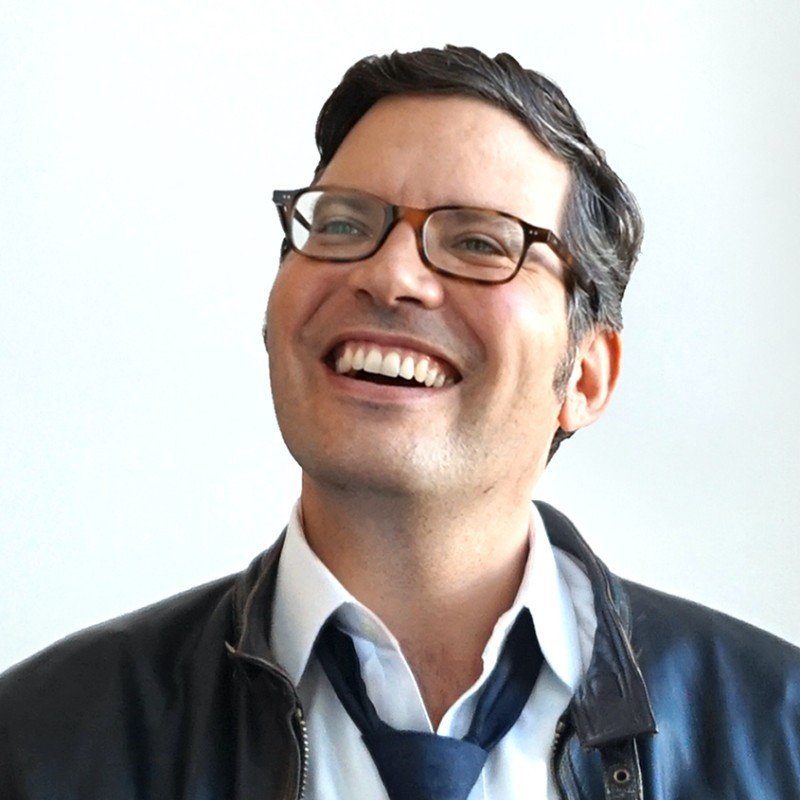The Baptism
The Punks & Pinstripes usual programming will be back next week with an article called “The Two Sams: SBF, Sam Altman, and how AI can overdeliver.” That was going to be the newsletter today. Then life made other plans. I never really talk about my experience on the front lines of September 11. But sometimes my memory of that day won’t let me do anything else. So, here it is. It was one of the most formative experiences of my life. We’ll get back to our regularly scheduled programming next week. Thanks for being patient.
After I graduated from McGill University in 2000 I moved back to New York City and got a job as a community organizer for the New York Blood Center. I was one of three people who coordinated all the blood drives for the 2.5mn people who lived in Brooklyn.
One beautiful, sunny Tuesday morning I was getting ready for a meeting with the CEO of a major hospital when a voice on the radio announced that a plane had just hit the World Trade Center. I threw on some clothes, stepped outside of my apartment, and joined the guy at the bodega who was staring at two gaping holes in the Twin Towers.
People streaming across the Brooklyn bridge from Lower Manhattan on September 11, 2001. Photo by Tom Callan
The next 72 hours was a harrowing whirlwind in which I helped coordinate the blood drives and triage centers all over Brooklyn, and at the smoldering, metallic pile in Lower Manhattan that we now call Ground Zero. After the third day, it became clear that there were no survivors and therefore no need to continue collecting blood. My boss insisted that I go home, sleep, be with my family and friends, and not work.
For days I had stifled whatever emotions I needed to feel. Through my friend’s funeral. Through the drive up the BQE seeing a gaping hole in the skyline. Through mobs of New Yorkers lining the West Side Highway cheering as me, and other emergency workers emerged from Ground Zero.
Until one morning, the sound of bagpipes from a nearby funeral at a Catholic Church filled my Brooklyn apartment. A firefighter was being laid to rest. That sound unlocked whatever I needed to feel. I sobbed from someplace deep within. It took me years before I could hear bagpipes without crying.
I was 24 at the time. 9/11 was my induction ceremony into adulthood.
Every 9/11 I go to the spot in Williamsburg, Brooklyn where I watched the Twin Towers fall, and have an espresso with Anthony. He and I watched the second plane hit outside of his sandwich shop in 2001. I love Anthony.
9/11 was one of the most formative experiences of my life. Looking back on it now, this is how it changed me:
When I think about it, I relive it. I planned on writing something about AI for this week’s edition of the newsletter, which falls on the 22nd anniversary of 9/11. But this is the only thing that’s coming out. I don’t think about 9/11 very much but when I do I am consumed by it. Over time I’ve learned to just let it happen and wait for it to pass. I take it as a sign from the Universe that I need to hold space for what happened. But it’s not easy.
Tragedy Creates Community. One of the great honors of my life was organizing a blood drive for a Mosque in Brooklyn the week after 9/11, and seeing a line of Muslims and non-Muslims wrap around the corner to donate blood together. New York after 9/11 was the safest, most harmonious, most loving city in the world. There was no such thing as race, or class, or religion. It was a small town of 8.5 million people who cheered whenever they saw a first responder, who fed each other, and gave strangers hugs when they started crying.
You can’t go back to your old life. The routine motions of my job became very hard after September 11. Once we were no longer in a state of emergency my work felt insignificant and empty. I don’t want to compare what I did to the firefighters who ran into the buildings, or a soldier at war. I never risked my life like they did. But I can relate to how hard it is to come back to civilian life afterwards.
“Hi, this Is a crisis. Can I speak to Greg?” Two years after 9/11 I worked for the only aid organization with a mission in Indonesia when the Tsunami hit. A few years after that I worked as a banking analyst and found myself at the epicenter of the 2008 financial crisis. Somehow, big, seismic crises seem to find me and call on me to serve. I can experience extreme restlessness when I don’t feel like I’m doing important work. I think it’s one of the reasons I left corporate leadership to become an entrepreneur. I need the feeling of impactful acceleration.
Life is short. Fill it with love. I had just started dating a beautiful Scottish woman, Pauline MacDonald, two weeks before 9/11 and immediately knew I was going to marry her when the towers fell. This March will be our 18th anniversary. And she’s my rock. Life is really short. There’s so much that is out of our control. So do work you’re proud of. Build epic shit. Live life with people you love. And be of service whenever you’re called.
We’ll be back next week. Thanks again for listening.
Y’all are my heroes,
Greg Larkin
Founder, CEO, Punks & Pinstripes
If you like this article, please:
Subscribe and share it.
The next opportunity to become a member of Punks & Pinstripes is Sept. 8 - 22. We only accept 25 new members during a 2-week application period every quarter, and membership is capped at 200.



